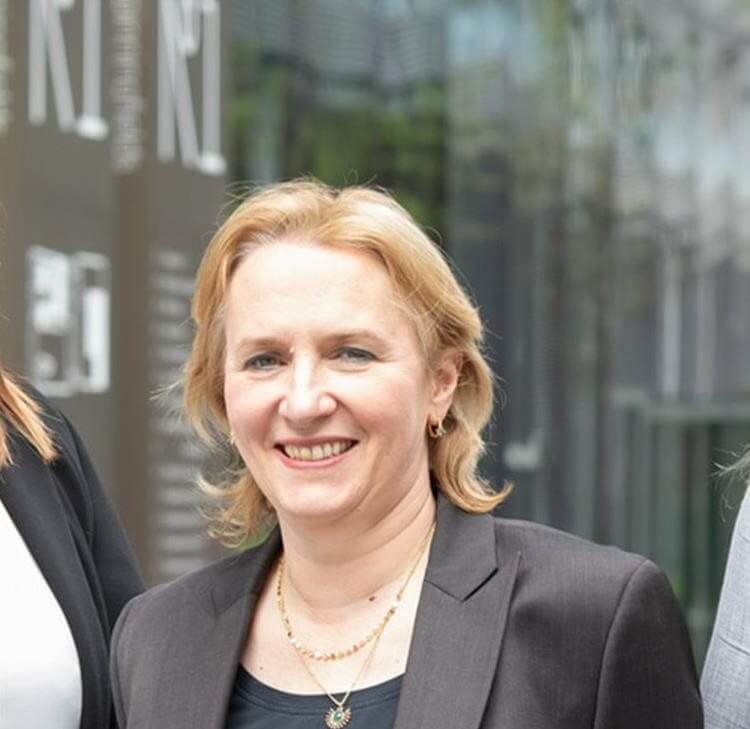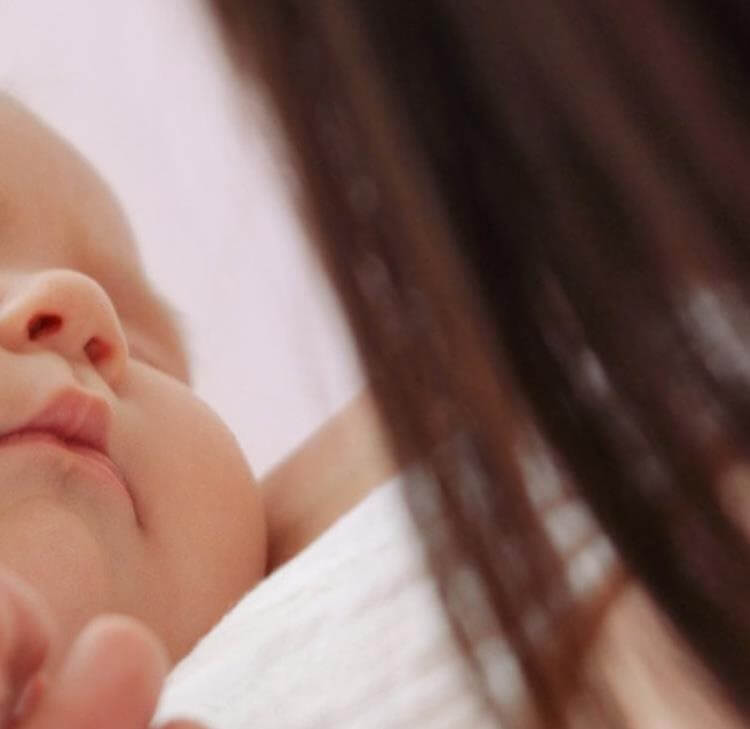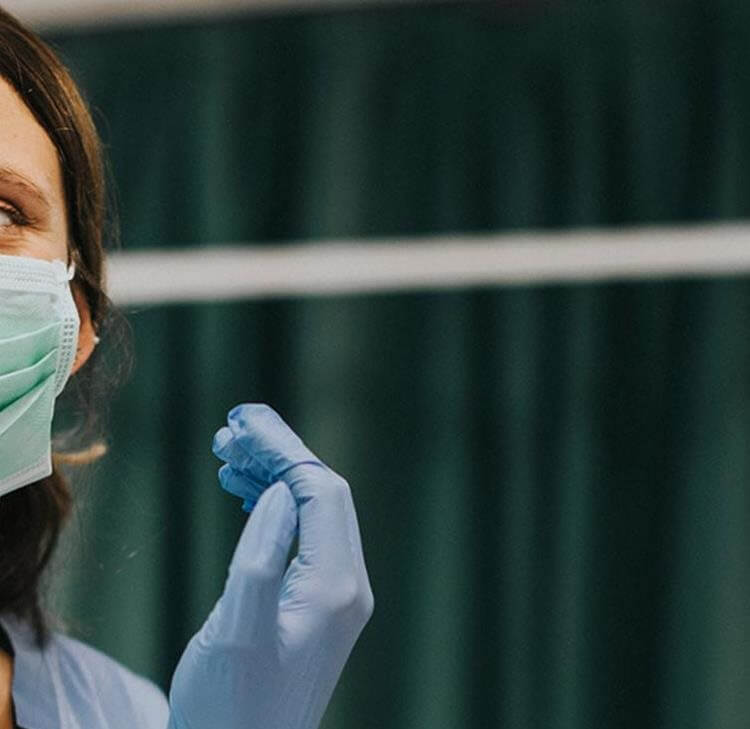In 2024, it was expected that the government would introduce fixed recoverable costs in lower value pre-action clinical negligence claims to drive early resolution and lower costs.
The deadline for implementation has repeatedly slipped, with implementation originally planned for April 2024 and then October 2024. The Civil Procedure Rule Committee did not amend the rules as promised in the summer of 2024, and the future date for implementation remains unclear.
The 17th Version of the Judicial College Guidelines on general damages was published in April 2024. These provided a 22% average uplift on the previous edition to take inflation into account.
Various developments combined to embed alternative dispute resolution (ADR) into the claims process. In the Japanese Knotweed case of Churchill v Merthyr Tydfil County Borough Council, the Court of Appeal found that the court had the power to stay proceedings to require parties to attempt a ‘non-court-based dispute resolution process’. The Civil Procedure Rule Committee produced draft amendments that specify that the court may order the parties to participate in ADR.
In the landmark case of Paul and Others v Royal Wolverhampton NHS Trust, the Supreme Court significantly restricted the scope of secondary victim claims for psychiatric injury. The majority held that a relationship of proximity did not exist in such cases. The court concluded that doctors are not required to have in contemplation members of a patient’s close family who might be psychologically affected from witnessing the effects of a disease that the doctor ought to have diagnosed and treated.
In December, the Lord Chancellor announced an increase to the Personal Injury Discount Rate from -0.25% to +0.5%. This is the first return to a positive rate since 2017 and the change will reduce the cost of claims to insurers and the NHS.
A key case to watch out for in 2025 will be CCC v Sheffield Teaching Hospitals NHS Foundation Trust where the Supreme Court will decide whether the child claimant, is entitled to recover for loss of earnings in the “lost years” (i.e. the period between the end of her actual life-expectancy and her uninjured life-expectancy).
Articles in this section:
- Witness credibility: A ‘five star’ review.
- Personal injury discount rate reduces the cost of claims to insurers and the NHS.
- Permission given: A late change of experts did not amount to expert shopping.
Witness credibility: A ‘five star’ review
Author: Jonathan Fuggle
When there is a significant dispute on the facts, witness credibility becomes crucial. In Deakin-Stephenson v Behar & Anor [2024], the outcome hinged on how the witnesses presented and how their accounts compared with the contemporaneous evidence. (introduction)
Background
The claimant collapsed with acute abdominal pain while at the hairdressers. She was taken to A&E and was found to have developed diverticulitis. Attempts were made to treat her conservatively, but her disease progressed. Eventually, she collapsed with severe abdominal pain and required an emergency Hartmann’s procedure. She continued to suffer chronic abdominal pain and PTSD.
Ms Deakin-Stephenson claimed that following her admission, she and her family repeatedly asked the surgeon, Mr Behar, to refer her for a second opinion from a specialist colorectal surgeon. Mr Behar failed to do so, ignoring and obstructing reasonable requests.
The claimant argued that if Mr Behar had referred her to a colorectal specialist, that surgeon would have recommended a Hartmann's procedure earlier, which she would have agreed to. The agreed expert evidence was that an earlier Hartmann's procedure would have avoided the later catastrophic deterioration and emergency life-saving surgery.
Witness performance
Faced with an apparently irreconcilable factual dispute, the judge’s assessment of the witness's credibility was central to determining the dispute.
While Ms Deakin-Stephenson had in-depth knowledge of the information in the trial bundles, she was criticised for answering “in speeches” and for occasional sarcasm.
There were also similar spelling errors in the statements of the claimant and her witnesses which the judge found could not be sensibly explained except through consultation and collaboration.
The claimant had sent an email raising various complaints after the surgery. Notably, her complaint did not raise the two central issues that she advanced in her claim (how she ended up in private care, or why a request for referral to a colorectal surgeon was refused).
Her credibility was further undermined by the fact that a month after her discharge, she had posted online a five star review of Mr Behar describing him and the hospital as “amazing”.
By contrast, Mr Behar accepted that some of his entries were unclear. Although his record keeping was poor, the records that did exist were important in assessing what happened. Mr Behar was described as an honest witness who gave his evidence fluently. He acknowledged his shortcomings and where he had made errors.
In finding for the defendants, the judge found that the process of revisiting distressing events led to the claimant misremembering her exchanges with Mr Behar resulting in a narrative that wrongly implicated him in serious breaches of professional duty. The judge was keen to emphasise that he
reached his finding having considered the entirety of the evidence before the court and that this was not just a “credibility contest” between Mr Behar and Ms Deakin-Stephenson.
This case showed how witnesses present and how their accounts align with the contemporaneous records (even if incomplete) is critical. While poor record keeping can present problems, it is not necessarily fatal. Acknowledging gaps and weaknesses in the evidence improves witness credibility.
Personal injury discount rate reduces the cost of claims to insurers and the NHS
Author: Jonathan Fuggle
Following a review announced by the Ministry of Justice in July 2024, on 2 December 2024 the Lord Chancellor announced that the personal injury discount rate (PIDR) would increase from -0.25% to +0.5%. The change took effect on 11 January 2025 and will reduce the cost of claims to insurers and the NHS.
The decision ends the situation that has existed since 2017 where significantly different rates existed in the various UK jurisdictions. The Northern Ireland and Scotland rates were both raised to +0.5% in September 2024. The decision also marks the return of the PIDR above 0% for the first time since 20 March 2017.
After extensive consultation, the Lord Chancellor rejected the option of having a dual/multiple discount rate for England and Wales.
The rate seeks to ensure that an individual is not under (or over) compensated and that in receiving a lump sum award for anticipated future costs, the principle of 100% fair compensation is implemented. The increase to the PIDR will reduce the value of claims for future losses by decreasing multipliers for terms certain.
There has been a working assumption for some time that there would be a return to a positive rate and for some time settlements have been negotiated based on an assumed PIDR that is less generous for claimants (say +0.75% or +1%)
In most cases, it will not be possible to renegotiate settlements on assumptions that have with hindsight proven to be wrong. The position on cases where a settlement has been reached in principle but where court approval has not yet been obtained is different. CPR rule 21.10 provides that a compromise or settlement is not binding on the parties until it has been approved by order of the court. This is so even if the agreement is reached under the provisions of Part 36. In Revill v Damiani [2017] EWHC (a case that revolved around the 2017 change to the PIDR) the court found that CPR 21.10 did not discriminate against protected parties and was compatible with the Human Rights Act.
Permission given: A late change of experts did not amount to expert shopping
Author: Jonathan Fuggle
In clinical negligence cases, it is not uncommon for parties to lose confidence in their expert witnesses and seek to replace them. In Alan Prescott-Brann v Chelsea and Westminster Hospital NHS Foundation Trust & Anor [2024], the court considered the circumstances under which the late ‘changing horses’ might be permitted.
The facts
The claim concerned a delay in diagnosing a stroke and whether earlier anticoagulation would have changed the outcome.
The claimant attended West Middlesex Hospital where a CT scan was reported as normal. He was discharged with a diagnosis of a migraine, but his condition deteriorated two days later. It was subsequently found that he had suffered a thrombotic event.
Both defendants admitted to breaching their duty. The claimant’s causation argument was that, had aspirin been prescribed on the morning of 25 June 2014, he would have remained in the hospital, the anticoagulant effects of the aspirin would have prevented a further thromboembolism, and a poor neurological outcome could have been avoided. The defendants denied causation, arguing there was no evidence of a second embolic event that aspirin could have prevented.
Replacing the causation expert
At a late stage in the proceedings, the claimant applied for permission to replace his neurological expert, Dr Wills, with a new expert. The matter came before Master Eastman who refused permission to change experts. Professor Wills had not changed his opinion but had maintained his view throughout that prescribing anticoagulation therapy (aspirin) by 2:00 p.m. on 25 June 2014 would not have changed the outcome. The master commented that the application had the “aroma of a late attempt at expert shopping”.
Although the application was made late, the court, on appeal found that the claimant had legitimate reasons for changing experts. The claimant’s advisors persuaded the court that Professor Wills had failed to engage adequately with the evidence provided by the claimant’s neuroradiology expert, Dr Birchall. This alone was sufficient for the High Court judge hearing to allow the appeal.
Commentary
The discretion to allow the substitution of an expert is exercised on a case-by-case basis. Critical to the success here was that the claimant was able to persuade the court that Professor Wills was not engaging with the evidence of the claimant’s other expert.
Even a very late application to substitute an expert witness may succeed, if it is not prejudicial, and the court does not consider the applicant to be expert shopping.























![Contractual liability for all inclusive treatment: Bartolomucci v Circle Health Group Limited [2025]](/getattachment/95f9533b-f99c-4fcc-b8d5-3f93904b8242/shutterstock_1265400856.jpg?variant=HeroImageTabletVariantDefinition)



















